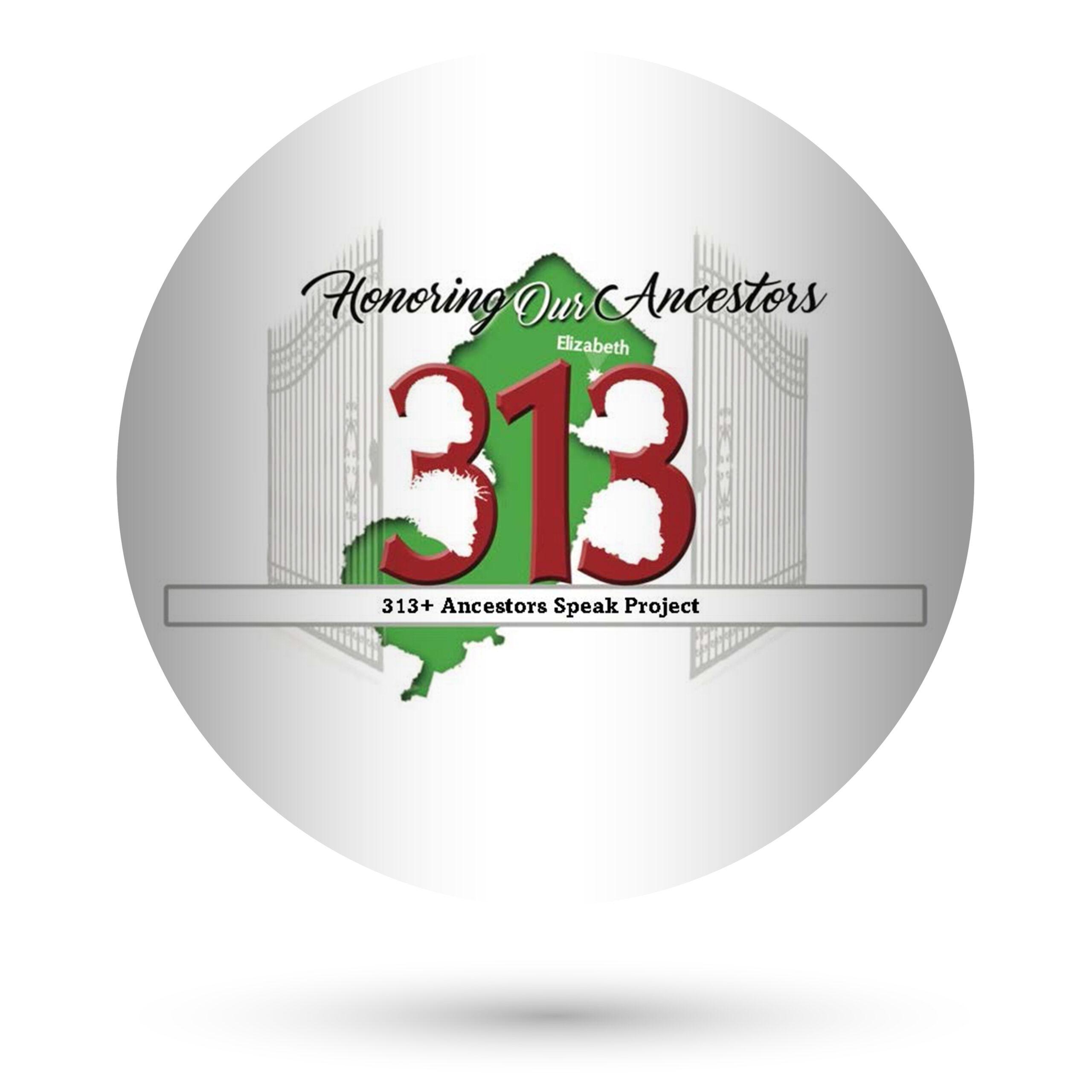Wanda M. Lundy: From Good Friday to Easter Sunday
Being in relationship with other pastors has been both critical and transformational for me as we have wrestled with death and dying during the pandemic. My relationships have been grounded in the mentoring program I help lead, Thriving in Ministry in the City, which currently includes 95 pairs of pastors in the New York City metropolitan area.
We have been in a state of emergency on many fronts for the past year, as we’ve faced and continue to face a medical emergency, an economic emergency and a racial equity emergency. This is a critical period, and as I’ve reflected on the mentoring process in the center of this season, quite honestly, what I see is death.
The mentoring relationships that have developed in the life of this project, especially in the months since we were last physically together in February 2020, have centered on extreme illness, the fight for survival, and death.
Our pastors have seen a lot of death over sustained periods. The death of loved ones, the death of colleagues, the death of members of their congregations and religious organizations, the death of members of their mentoring programs, both mentors and mentees.
What have I learned over these past months since the pandemics consumed our lives? I’ve learned that death is not the ending but a beginning. As we see in Easter, death is a necessity for what comes next.
The words “death,” “died,” “transitioned,” “deceased,” “passed,” “expired,” “loss” are not dirty words or bad words or words to be whispered. They are words of necessity — painful, yes, but words of inevitability that will move us from where we are to where we can be.
There is no way to placate, soften, please or pretend away death. It has come knocking on our doors in ways that we were not expecting: medical, economic, racial — a three-headed pandemic.
How do we prepare and support our pastors who are trying to serve in the midst of this emergency? Most of us have not seen death this way before. What does it look like to thrive in ministry in the middle of a three-headed pandemic? The generational concerns — we are now preparing pastors to serve communities that consist of seven generations — GI, Silent, Baby Boomer, Gen X, Y, Z and Alpha.
It begins with truth telling, which is probably the most difficult work of the human family: to tell the truth, to speak the truth. Because as soon as we hear that word “truth,” we start putting up fences, guards, walls. We ask, “Whose truth? How do we know it’s truth? What truth?”
But there is something about death that helps remove the covers or excuses. Death is death. And over the past months since last we met, we have experienced death in this country in new ways for us.
How can pastors use this time? Death leads those who are left behind to wrestle with issues, thoughts, what-ifs — tender places that they haven’t wanted to touch. The finality of death causes people to revisit those closed-off places and provides an opportunity for new life, rebirth, change, sunshine, flowers, fresh water flow, fresh air.
We have a choice.
We can remain in the tomb. Or, as Jesus showed us, we can shake off the grave clothes and experience, facilitate, direct a resurrection.
There will be more deaths. But that means there can also be more resurrections.
Perhaps this is an opportunity in the midst of a very painful period in our country for some truthful conversations that might lead to transformational relationships in all segments of our communities.
Perhaps this is preparation for other pandemics we will face, and if we do the hard work now, we will be more prepared to face them.
Perhaps our pastors who have been forced into this three-headed pandemic of COVID-19, economic distress and racial inequity will find ways to develop relationships with the communities they serve in areas that were not even considered before:
- Public health
- Black Lives Matter movement
- Unemployment
- Homelessness
- Mental health issues and suicide
- Educational issues for all children
- Substance abuse
- Physical abuse
- Police brutality
- White supremacy
Our pastors serve communities that face many challenges. Sometimes those issues may seem overwhelming, with no end or solution in sight. But like those who have come before us, we don’t lose hope. We have been living in Good Friday but we believe in Easter Sunday.
As we continue to understand what it means to strengthen relationships between pastors in our mentoring program, the experiences of the past 12 months will help us develop ways to support our pastors and communities in dealing with death and dying during pandemics of all types. And we will lean on and learn from each other as we anticipate the resurrection and the new life to come.
This post was originally posted here
